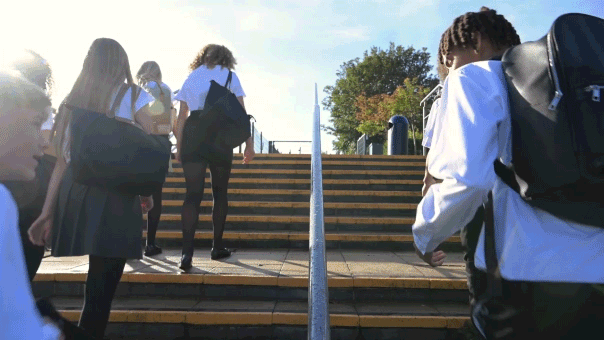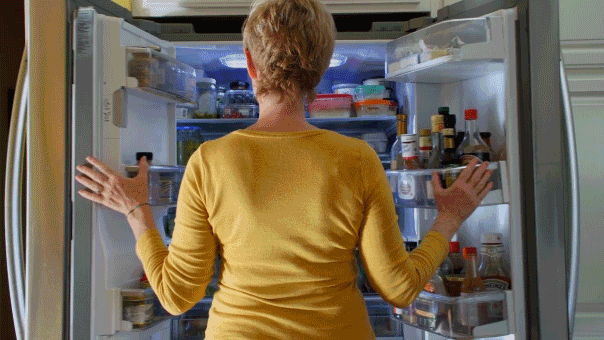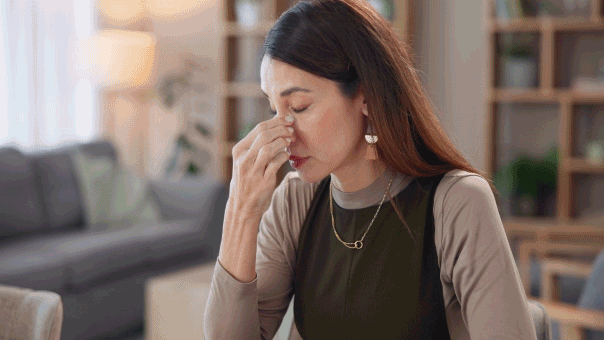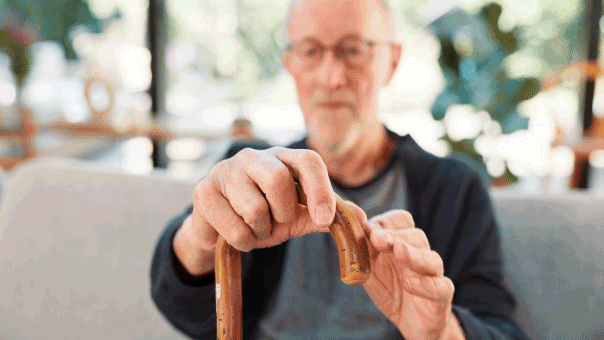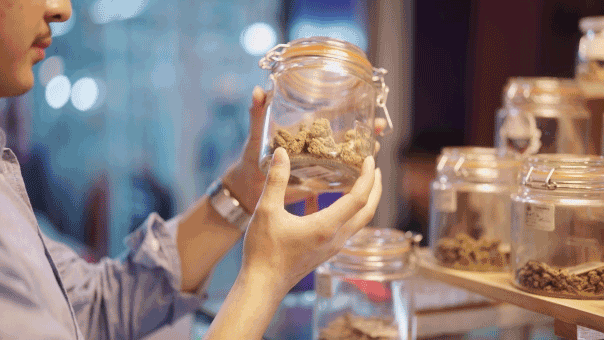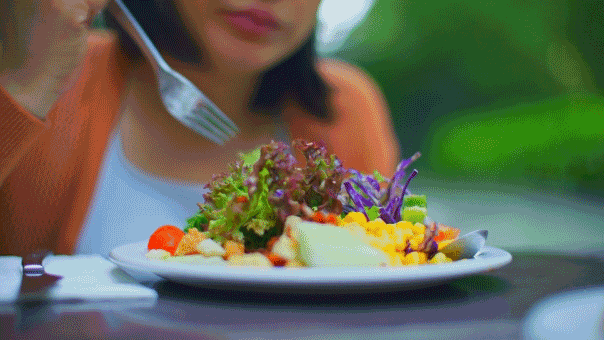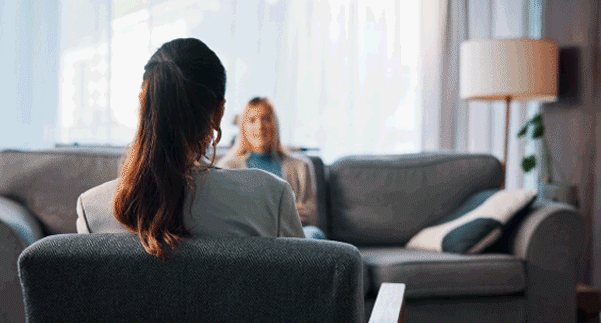Fox News Flash top headlines for February 22
Fox News Flash top headlines are here. Check out what's clicking on Foxnews.com.
COVID-19 survivors who have gotten a first dose of COVID-19 vaccine are generating immune responses that might render a second shot unnecessary, potentially freeing up limited vaccine supply for more people, several new research papers suggest.
The research, while preliminary, found that the previously infected people generated protection against the disease quickly and at dramatically higher levels after a first shot of the current two-shot regimens when compared with people who were vaccinated but hadn’t been sick.
"Everyone should get vaccinated. Not everybody needs two shots," said Viviana Simon, a professor of microbiology at New York’s Icahn School of Medicine at Mount Sinai and an author on one study. "As long as we can’t deliver as much vaccine to everybody who wants it, I think it’s an important consideration."
SANOFI PRODUCING JOHNSON & JOHNSON COVID-19 VACCINES
The research, which has been posted on preprint servers but not peer-reviewed or published in a scientific journal, comes as other findings into the two-shot regimen to healthy members of the general population highlight immune benefits after the first injection. On Friday, researchers in Israel reported a single shot of the vaccine from Pfizer Inc. and BioNTech SE is 85% effective in preventing symptomatic disease 15 to 28 days after being administered.
Late-stage clinical trials of two-dose vaccines by Pfizer and BioNTech, as well as Moderna Inc., have shown their shots to be safe and highly protective against COVID-19 when given through two doses spaced several weeks apart. However, Pfizer’s trial excluded individuals with symptomatic COVID-19, and Moderna’s left out people with a previously known infection, prompting researchers to see how immune systems in people previously sick responded.
GSK, SANOFI START NEW COVID-19 VACCINE STUDY AFTER SETBACK
Pfizer doesn’t have data regarding the single-dose approach in COVID-19 survivors, a spokeswoman said. Moderna is aware of the preprint data but isn’t studying the issue, a spokesman said.
Giving just one dose means health officials could redeploy excess doses to more people and speed the reach of vaccinations, which vaccine experts and health authorities say is crucial as new forms of the virus increase transmission. Limited initial supply has contributed to the bumpy rollout of the vaccine and forced governments to favor high-risk individuals ahead of others.
Find the full story at the Wall Street Journal.
